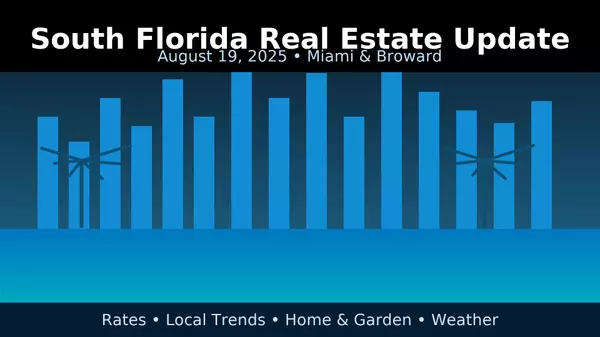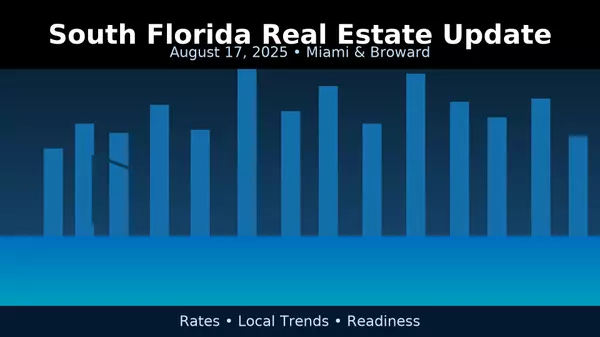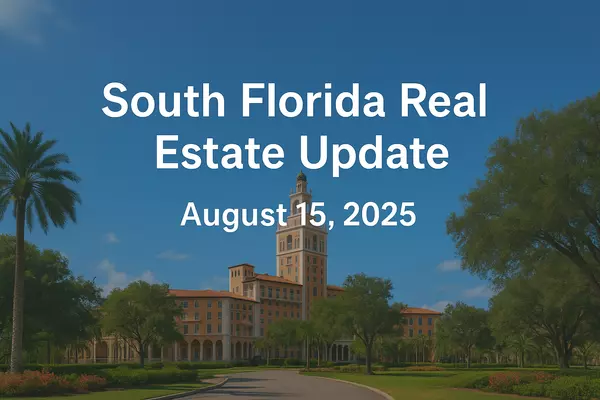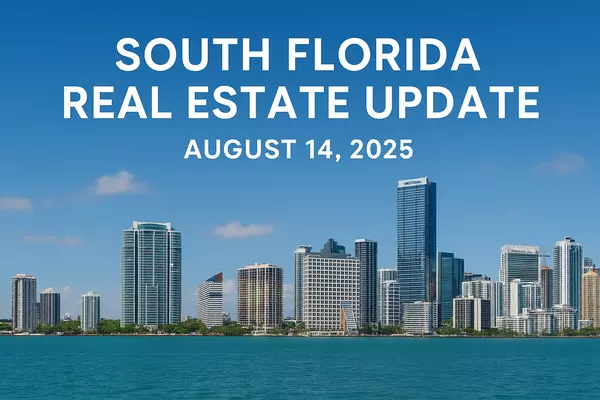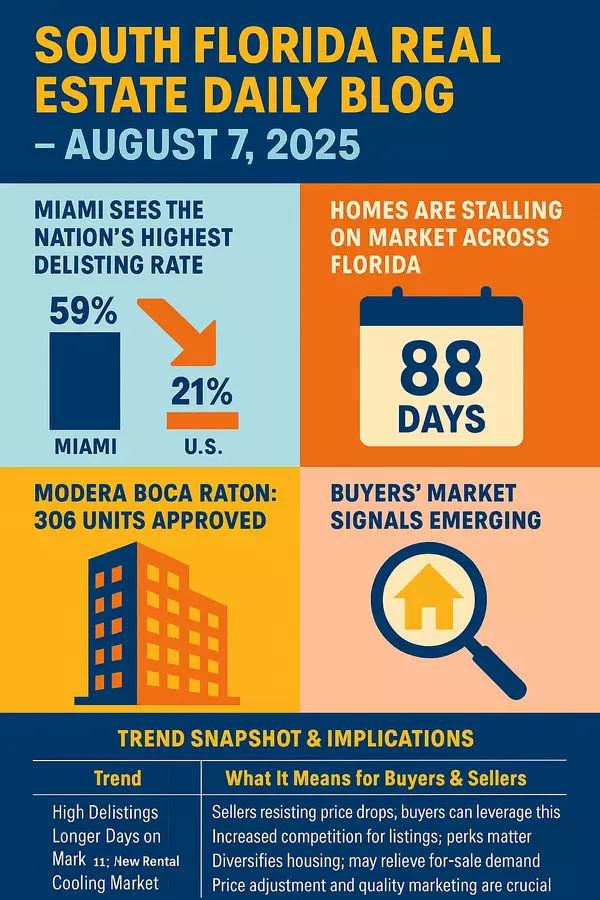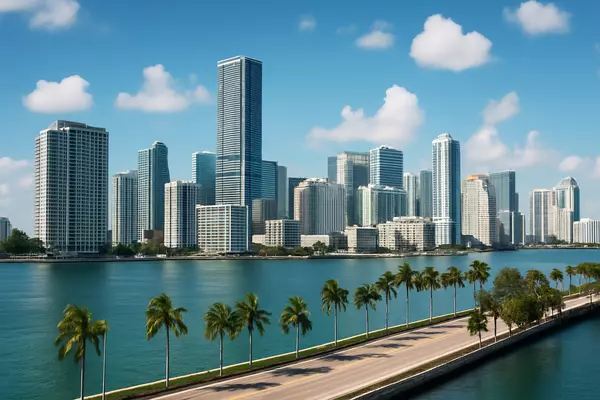Understanding the Pros and Cons of Buying a Home in Miami’s Historic Neighborhoods
by William Gartin
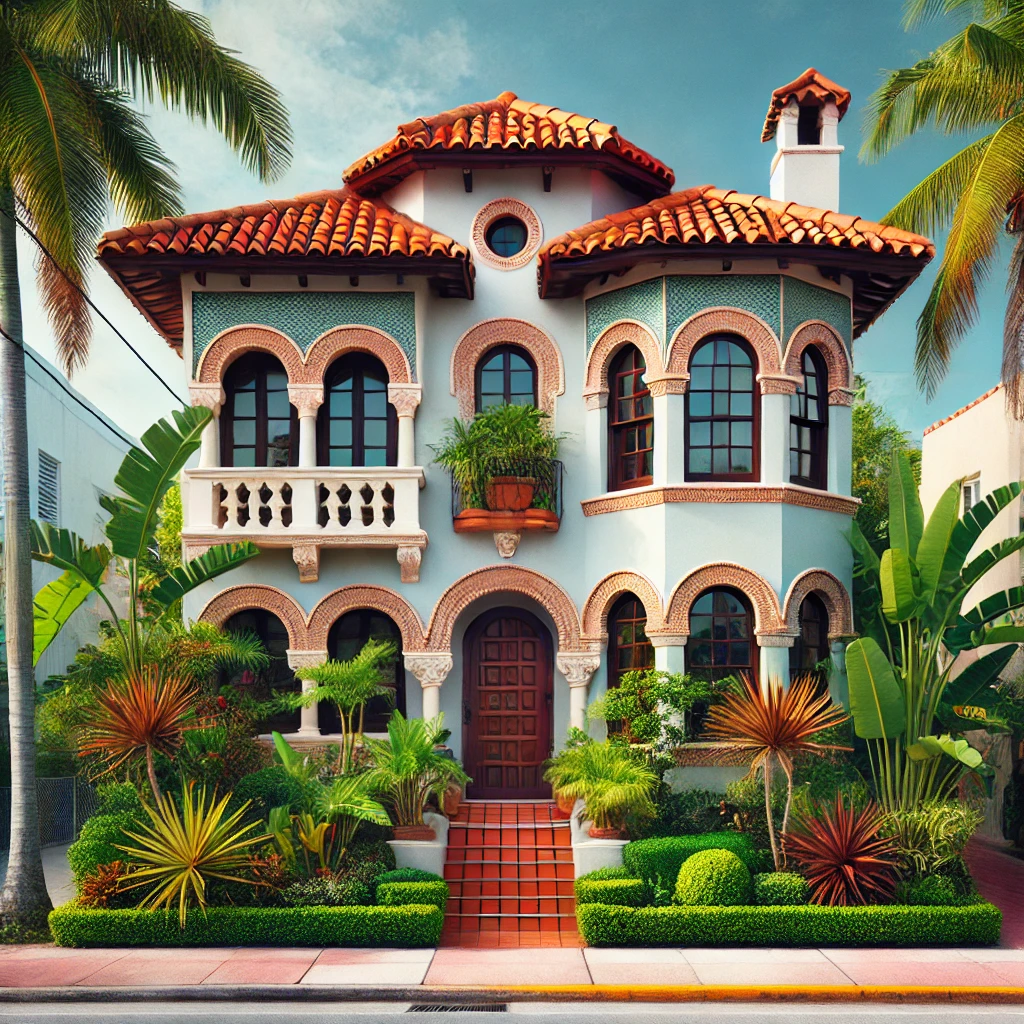
Understanding the Pros and Cons of Buying a Home in Miami’s Historic Neighborhoods
Miami is home to several historic neighborhoods that carry unique charm and character, such as Coral Gables, Coconut Grove, and Little Havana. These areas offer more than just architectural beauty; they tell the story of Miami's rich cultural heritage and present buyers with an opportunity to live in a vibrant, established community. However, buying a home in a historic neighborhood can come with some trade-offs. Here’s what you need to know about the benefits and challenges of purchasing a home in one of Miami’s historic areas.
Why Consider a Historic Neighborhood?
-
Unique Architecture and Character
Homes in historic neighborhoods often feature unique architectural styles, from Mediterranean Revival to Art Deco. The character these homes bring is hard to replicate in newer developments, making them highly desirable for those who appreciate craftsmanship and vintage aesthetics. -
Established Community and Culture
Historic neighborhoods often have a strong sense of community, with long-time residents who take pride in their neighborhood’s history and culture. Living in a historic area means joining a vibrant community with a shared appreciation for the neighborhood’s legacy. -
Prime Location
Many of Miami’s historic neighborhoods are centrally located, offering easy access to amenities, dining, and entertainment options. For instance, Coconut Grove provides scenic waterfront views, while Coral Gables has beautiful tree-lined streets and upscale shops. -
Potential for Appreciation
Historic homes, due to their uniqueness and limited availability, can hold or increase their value over time. Buyers who choose wisely may benefit from appreciation, especially in neighborhoods where demand for unique, well-preserved homes is high.
Key Considerations When Buying a Historic Home
While historic neighborhoods offer charm and a sense of community, there are some challenges buyers should be aware of:
-
Restrictions on Renovations
Historic neighborhoods often have regulations to preserve the architectural integrity of the area. This can mean limits on changes to the exterior of your home or specific requirements for materials and design. It’s essential to understand these restrictions if you’re considering remodeling or expanding. -
Higher Maintenance Costs
Older homes can come with higher maintenance costs due to aging infrastructure and materials. For example, plumbing, electrical systems, and roofing may require updates, especially in homes that haven’t been modernized. Be prepared to budget for repairs and upgrades. -
Insurance and Property Taxes
Insurance premiums can be higher for historic homes, as they may be more susceptible to damage from storms or other environmental factors. Additionally, property taxes may be higher in some historic districts due to increased property values, so it’s essential to factor these into your budget. -
Limited Inventory
Homes in historic neighborhoods are often in high demand and low supply, which can make the buying process competitive. Buyers interested in these areas should be prepared for the possibility of bidding wars and should work closely with a knowledgeable real estate agent to find opportunities.
Tips for Buying in a Historic Neighborhood
If you’re drawn to the charm of a historic neighborhood, here are some tips to keep in mind:
- Work with a Local Realtor: An experienced Miami realtor can help you navigate the unique aspects of buying in a historic neighborhood, from understanding local regulations to finding listings that meet your needs.
- Consider a Home Inspection: Older homes may have hidden issues, so a thorough inspection is critical to ensure you’re fully aware of the property’s condition.
- Research Renovation Guidelines: Familiarize yourself with any local restrictions and guidelines that may impact your renovation plans. This will save you time and money and help you make the most of your historic property.
- Evaluate Long-Term Investment: Consider whether the home meets both your lifestyle needs and financial goals. While historic homes can appreciate, it’s essential to weigh the maintenance costs and potential challenges.
Final Thoughts: Is a Historic Home Right for You?
Buying a home in one of Miami’s historic neighborhoods can be an incredibly rewarding experience for those who value character, community, and central location. However, it’s important to balance these benefits with the realities of maintenance, insurance, and renovation restrictions. With the right guidance and a clear understanding of what to expect, you can find a historic home that suits your lifestyle and preserves Miami’s architectural heritage.
If you’re ready to explore Miami’s historic neighborhoods, reach out to William Gartin with EXP Realty at 305-842-6097 or visit williamgartinrealestate.com to start your journey.
Categories
Recent Posts
